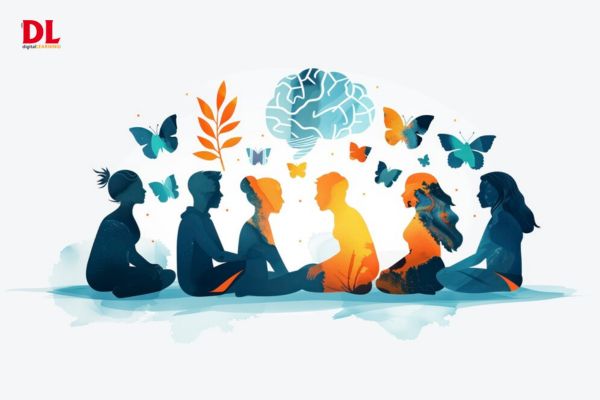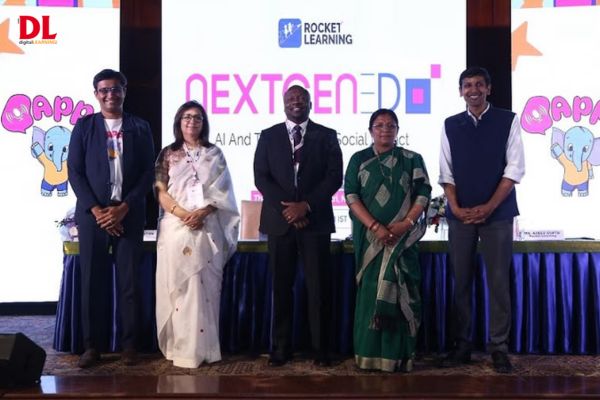In a student-friendly move aimed at enhancing analytical skills and easing the cognitive load, the Central Board of Secondary Education (CBSE) has announced that Class 12 students will be permitted to use basic calculators in accountancy exams starting from the 2025-26 academic session. This landmark decision was officially approved in CBSE’s 140th governing body meeting held in December last year, with the minutes of the meeting recently made public.
What’s Changing for Students?
Previously, only students with special needs were allowed to use calculators. However, from the 2025-26 session, all Class 12 accountancy students will be allowed to use basic, non-programmable calculators. These devices will be restricted to fundamental arithmetic functions like addition, subtraction, multiplication, division, and percentage calculations.
To ensure fairness and uniformity, CBSE will release specific guidelines detailing the permissible calculator models, preventing the use of advanced or programmable variants.
This step aligns with the National Education Policy (NEP) 2020, which focuses on fostering higher-order thinking skills and minimising unnecessary cognitive strain. By permitting basic calculators, CBSE aims to shift the emphasis from manual calculations to analytical problem-solving. Additionally, this policy brings CBSE in line with international education standards, as many global examination systems already allow such calculators in similar subjects.
Beyond allowing calculators, CBSE has introduced several progressive changes to improve assessments and streamline the examination process:
- On-Screen Marking (OSM) System: Beginning with the 2024-25 academic session, CBSE will introduce digital evaluation for select subjects and re-evaluation cases. Answer sheets will be scanned and marked digitally, significantly reducing logistical delays in result processing.
- Revamped Re-evaluation Process: From the 2025 board exams, CBSE will implement a more transparent and student-friendly re-evaluation system to ensure fairness in marking.
- Dual-Level Exams for Science & Social Science in Class 10: Starting from the 2026-27 session, Class 10 students can choose between standard and advanced-level exams for science and social science. The advanced-level papers will be longer and more challenging, catering to students aspiring for higher studies in these domains.
- Revised Vocational Subject Assessments: CBSE is set to modernize vocational education by incorporating industry-relevant assessment standards. An independent external agency specializing in vocational education will oversee evaluations to enhance skill-based learning.
Read More: Maharashtra set to launch AI policy for education, employment and cybersecurity
These initiatives reflect CBSE’s commitment to improving the academic framework, ensuring students are better equipped for higher education and global competitiveness.





























